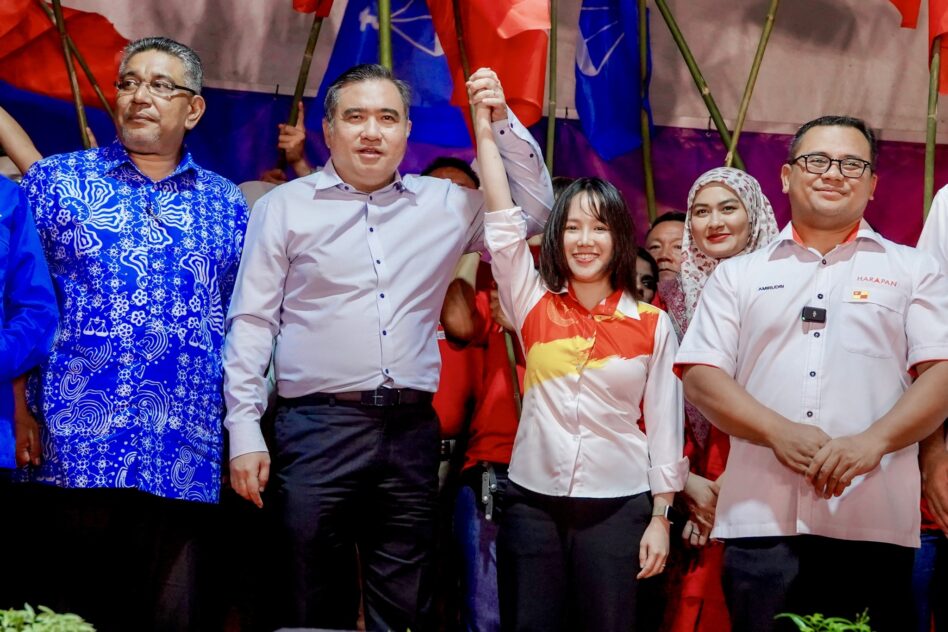THE 2022 Pre-Budget Statement (PBS) is a step in the right direction to enhance Malaysia’s national budget preparation transparency as it discloses the broad parameters of Government’s fiscal policy in advance of the Budget 2002 tabling on Oct 29.
Moreover, this also comes on the backdrop of Malaysia’s low budget transparency score of 47 (out of 100) in the 2019 Open Budget Survey – an indication of the need to publish sufficient materials to support informed public debate on the preparation of budget.

“Besides, Malaysia has a low scoring of public participation (17 out of 100) in engaging inclusive public participation in providing inputs and feedback. Transparency alone is insufficient for improving governance,” opined Socio-Economic Research Centre (SERC) executive director Lee Heng Guie.
He further viewed the 2022 Budget as a litmus test for the Finance Minister to hand down a precarious balancing act to steer the uneven economic recovery out of the prolonged impact of the COVID-19 pandemic with resilience.
“In the 2022 PBS, it is inevitably that strong fiscal interventions are still needed to secure and accelerate the recovery as well as to rebuild from deep economic scarring,” Lee pointed out.
“As the Government was heading into the pandemic-economic crisis in a tight fiscal space and with a lot of caution already built into its growth and revenue estimates against total expenditure, we are looking at a 4.5-5% budget deficit in 2022, an estimated 6.5-7% of GDP (gross domestic product) in 2021 and debt levels above the statutory limit of 60%.”
Meanwhile, Tricor Malaysia chairman Dr Veerinderjeet Singh welcomed the PBS as it embeds the hope that all the ‘secrecy’ surrounding the annual budget presentation “can dissipate somewhat”.
This will allow industry players to focus their thoughts and ideas on specific changes rather than requesting for everything under the sun knowing full well that the Government has no fiscal capacity to fulfil their wishes.

“As the fiscal deficit has widened due to the various spending programmes needed to combat the pandemic, there has to be a five to seven-year plan to rebuild and enhance the tax revenue structure with clear milestones to introduce specific changes,” suggested Veerinderjeet who is also president of the Malaysian Institute of Certified Public Accountants (MICPA).
“Beyond that, efforts are needed to monitor and measure the results and tweak wherever necessary.”
Veerinderjeet also called for political expediencies to be put aside to focus on doing what is necessary for the nation. In this regard, he said the key focus should be on effective tax administration with the aim of doing more with less being essential.
The vital drivers include value-based investments with grandiose plans being unnecessary; focus on plugging tax leakages; tap the informal economy which can add more to the country’s tax revenue; and to remove unproductive tax deductions/reliefs/benefits.
Other crucial areas include reviewing the taxation of income, profits, capital and consumption, widening the current SST (sales and services tax) and eventually convert it into a GST (goods and services tax)-like structure; generating new areas of growth focused on the digital economy and sustainability; and promoting Malaysia’s attractiveness as an investment destination without tax incentives being the focus.
“The TIN (tax identification number) has been actually mentioned over the last two years and was listed in the past two budgets, and yet the next steps have still not been taken which is baffling,” observed Veerinderjeet.
“Perhaps this year’s budget will have the legislative changes introduces in the forthcoming Finance Bill.” – Sept 3, 2021










